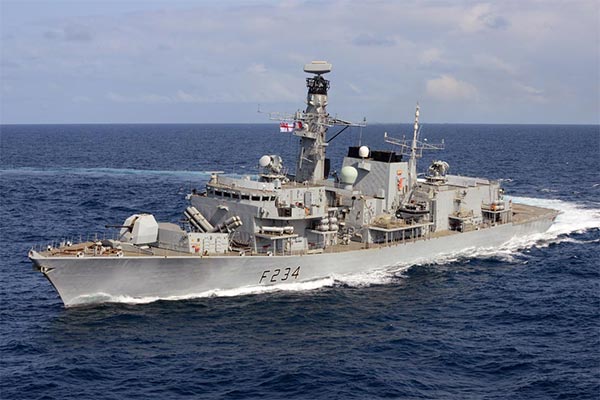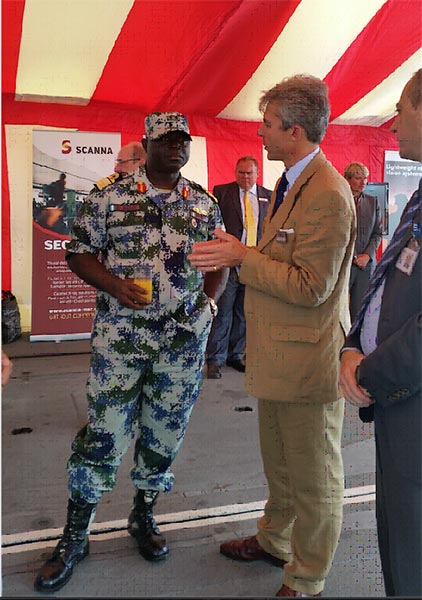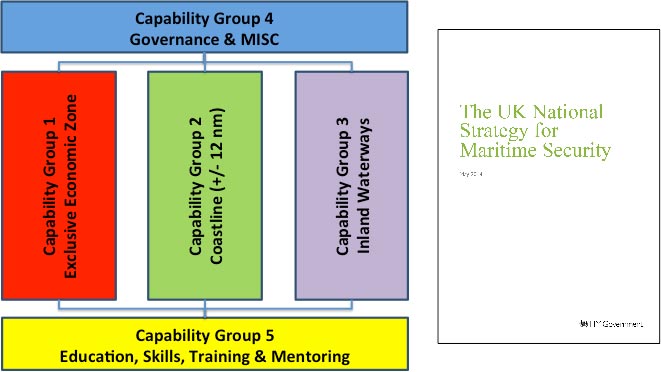30 Jul 2014
The British High Commissioner in Abuja, His Excellency Mr Andrew Pocock, welcomed BISEN and the member companies to the first Maritime Security Industry Day on board HMS IRON DUKE which was hosted by kind permission of the Commanding Officer, Commander Tom Tredray Royal Navy.
Andrew Pocock said “the relationship between the United Kingdom and Nigeria is long standing and strong. We work together in diverse areas such as political and international relations, education and research, security and defence, as well as issues of economic and trade interest to Nigeria and the UK.”


BISEN employs a five block Capabililty Group model to structure its maritime security dialogue with Nigeria. The same structure is used to help the members to articulate their capabilities in relation to the overall offer for integrated solutions, including training and support.
- Three of those Capability Groups represent the geographical Maritime Security areas and recognise the stakeholders that operate in them and the different equipment that they use. Also of the different challenges they face and the operational duties they are expected to perform. These are Capability Groups 1, 2 and 3.
- One Capability Group is focussed on the technical integration of the 3 geographical Maritime Security areas and providing better situational awareness of the activities across the areas to give better opportunities for governance, decision making, command and control and directed action. That is Capability Group 4.
- One Capability Group is focussed on education, skills development, training and mentoring to build capacity and a professional national maritime security response for Nigeria. That is Capability Group 5.

With the right equipment, training, infrastructure and support Nigeria will be able to secure its maritime and energy resources to build national prosperity which in turn would encourage further international investment and trading opportunities; Nigeria clearly expresses this intent in its “Oil & Gas Master Plan”.
